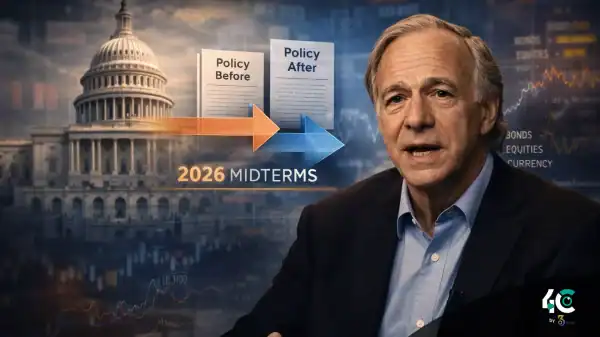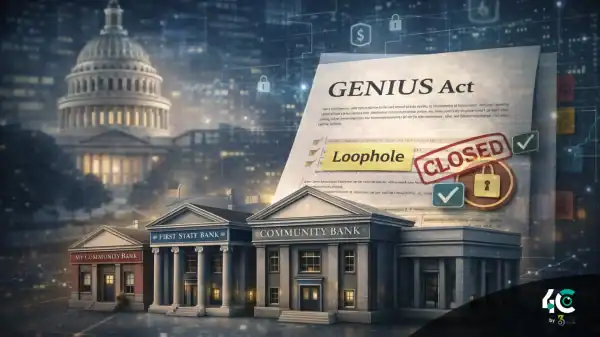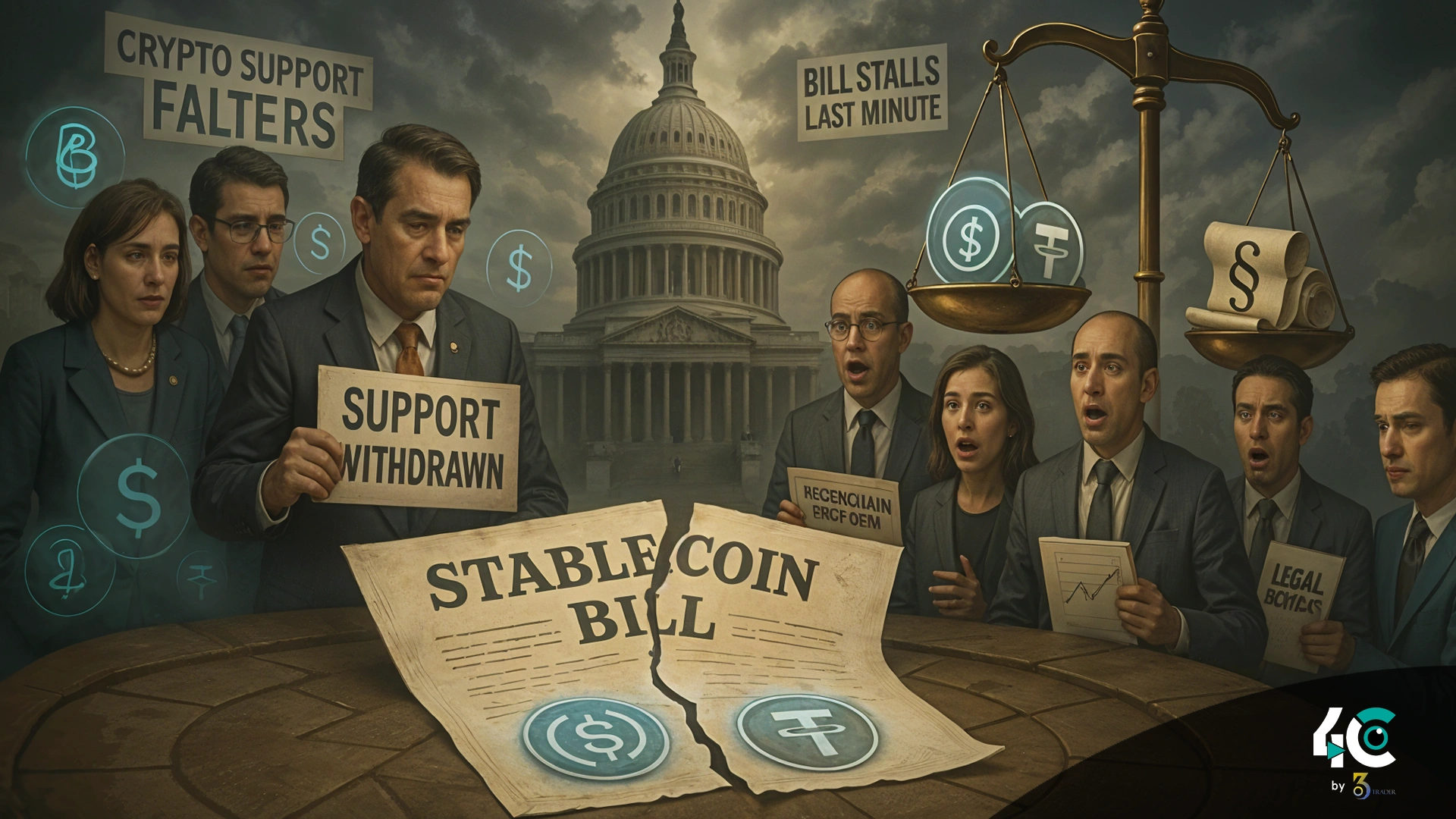Nine pro-crypto Senate Democrats have withdrawn their support for the GENIUS Act, a bipartisan stablecoin bill, due to concerns over security and oversight.
Democrats withdraw support for a stablecoin bill
Senate Democrats supportive of crypto, who were in favor of a key stablecoin bill, have now taken a step back just when it was appearing of a Senate vote. The withdrawal is motivated by continued worry over anti-money laundering precautions and national security threat concerns, as well as insufficient oversight of foreign issuers of stablecoins pegged to the U.S. dollar.
The crypto industry largely welcomed what was considered a bipartisan bill to create a regulatory framework for stablecoins in the legislative branch of the US government by both the Democrats and the Republicans. The Guiding and Establishing National Innovation for US Stablecoins (GENIUS) Act would help bring regulatory clarity.’ Now, after a sudden backlash from nine Senate Democrats, the bill’s future is uncertain.
Concerns Over Accountability and Enforcement
After saying they supported it when it passed the Senate Banking Committee, Senators Ruben Gallego, Mark Warner, Lisa Blunt Rochester, Andy Kim, and five others put out a joint statement explaining why they withdrew their support.
They stressed that the newly revised version of the bill does not have enough accountability and enforcement mechanisms to disincentivize bad actors and have good actors comply with the stablecoin ecosystem.
The group said, “While we appreciate that some of our concerns were addressed, this draft is still not enough to prevent money laundering and safeguard national security or prohibit foreign issuers.” They called for stricter controls and tougher regulations before reviewing their endorsement.
Lawmakers are concerned that unless safeguards are included in the bill, no bad actions would be possible in the whole system, and it would affect more.
Industry Urges Action Amid Regulatory Uncertainty
The delay has caused many in the industry to react, fearing that regulation might take longer. According to Caitlin Long, the CEO of Custodia Bank , the Federal Reserve’s policies are overly restrictive in limiting banks’ engagement with crypto assets. It was contended that legislation by Congress overcomes these hurdles, allowing for wider participation in the digital asset space.
Long stated that if a “federal law” was established, it could give further clarity and consistency to innovation and robust protections. We cannot maintain U.S. competitiveness on blockchain without it.
Commitment to Responsible Regulation
The Democrats’ senators, while withdrawing, said they would work with their colleagues to improve legislation. They all want to come up with crypto regulations that allow for innovation while ensuring public safety and national security.
They are in a difficult position of promoting technology and protecting the financial system. As lawmakers consider the literal meanings of the wording of the bill, the talks indicate the difficulty of regulating a fast-growing asset class that is becoming much more influential by the day.
Uncertain Future for Stablecoin Legislation
The swift 180-degree turn by some previously pro-crypto Democrats has created some problems for the GENIUS Act, owing to more fundamental differences over the regulatory treatment of digital assets. Now that the bill is alive, it is up to lawmakers to strike a deal with the other side.
The U.S. outcome for stablecoins will serve as a template for the country’s handling of digital infrastructure beyond cryptocurrencies as discussions progress. At present, the challenge is formulating policies that will encourage innovation while addressing valid concerns around security, compliance, and systemic risk in the new digital economy.
With the rapid evolution of the world of money matters, there is great risk and need for regulation that is balanced.

































